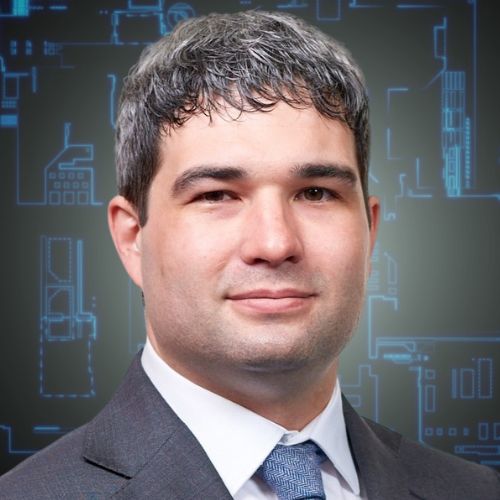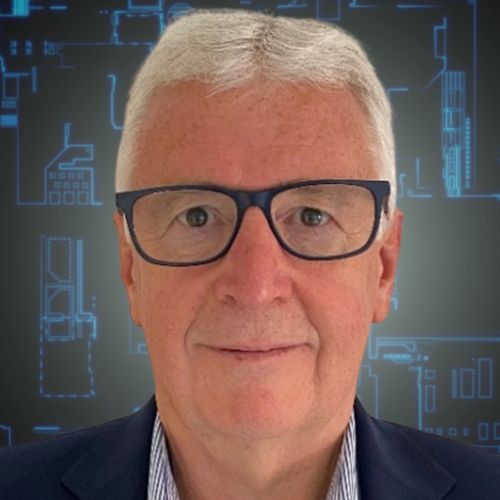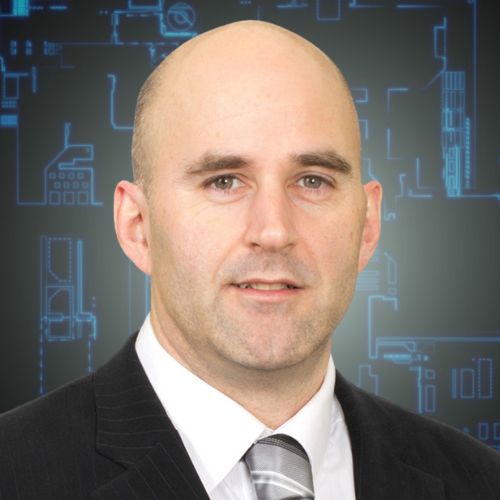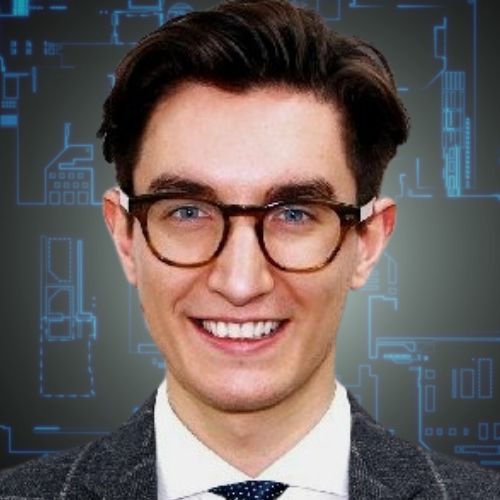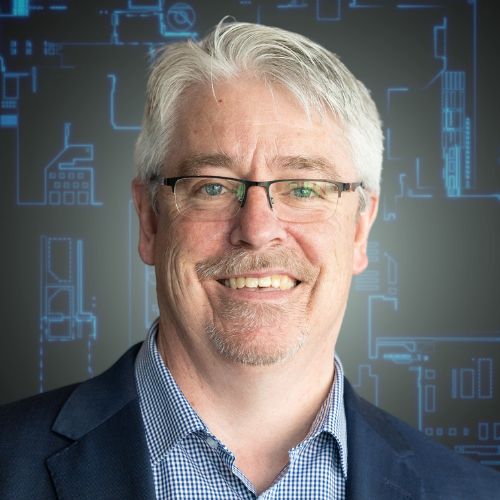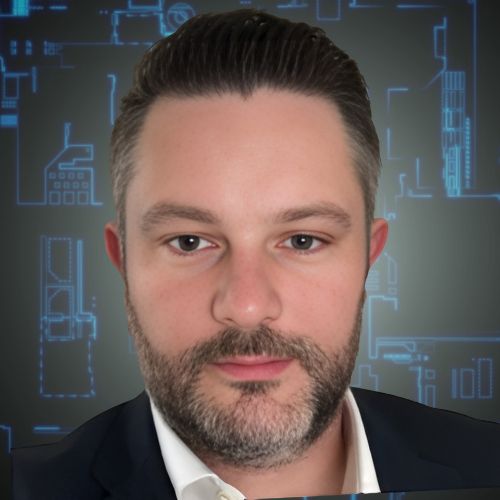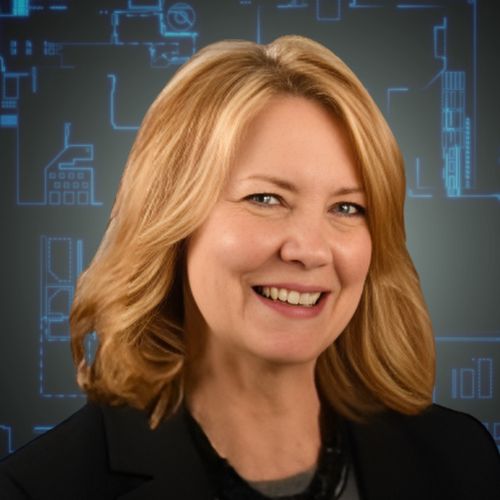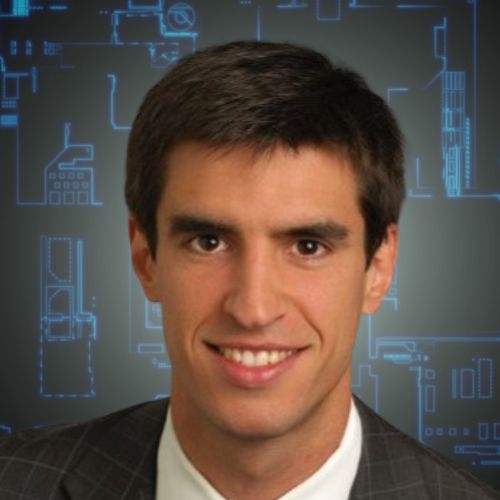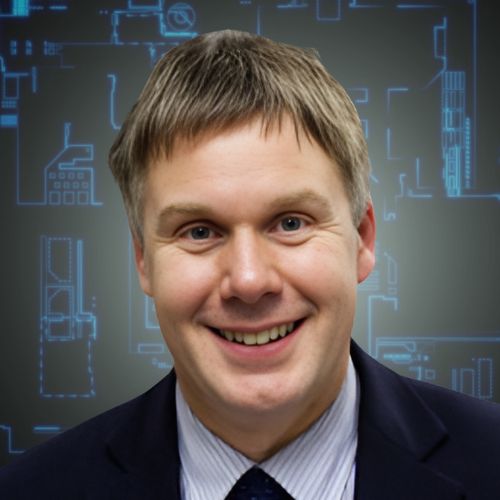
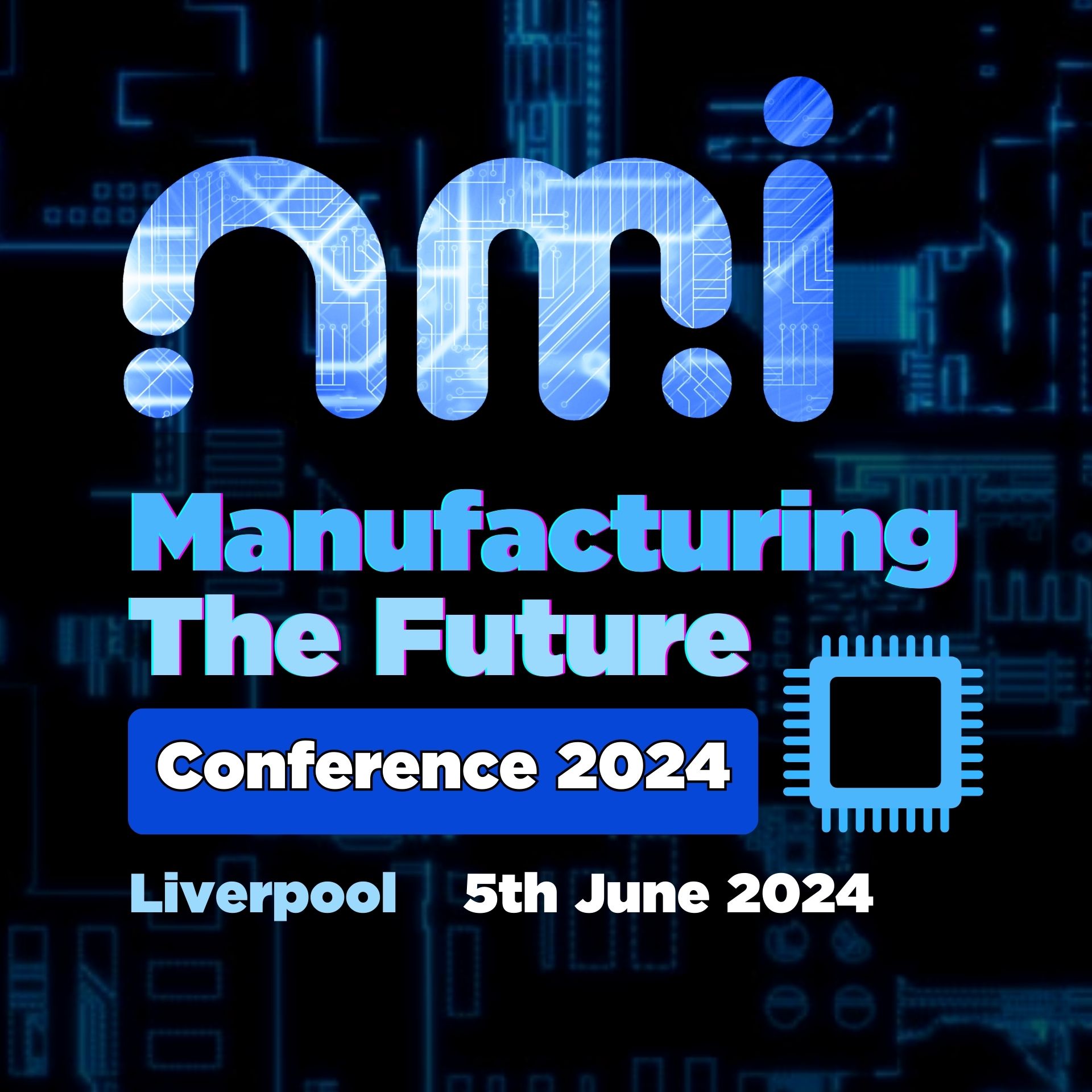
20
Speakers
21
Exhibitors
3
Case Studies
3
Keynotes
Manufacturing the Future – It’s a wrap!
On Wednesday 5th June 180 Semiconductor industry researchers, engineers, technicians and executives gathered at the Crowne Plaza hotel in Liverpool, snuggled between Princes Dock and the iconic Royal Liver building, to discuss, share and do business. All with a keen focus on how the UK semiconductor sector can best position for global growth.
During the packed day we heard about technology innovation and business insight from 20 speakers as we worked through application case studies, visionary keynotes and interactive panel discussions. Alongside the conference, we engaged with 23 exhibitors from the whole semiconductor supply chain.
Our agenda spanned the major growth areas in UK semiconductor manufacturing; Compound Semiconductor, Epitaxy, Photonics, Power Electronics, Novel materials and substrates, Advanced transistor modelling and Advanced packaging, with an important session on global strategy, policy and future potential.
Veno Naidoo and Andrew Elliot from Zeiss – our Headline sponsor – opened the proceedings, providing an insight into the latest trends in metrology and how deep learning algorithms are being used with X-ray Computed Tomography to improve the speed, quality and resolution of microscopy.
Our full-day agenda was split into four themed sessions:
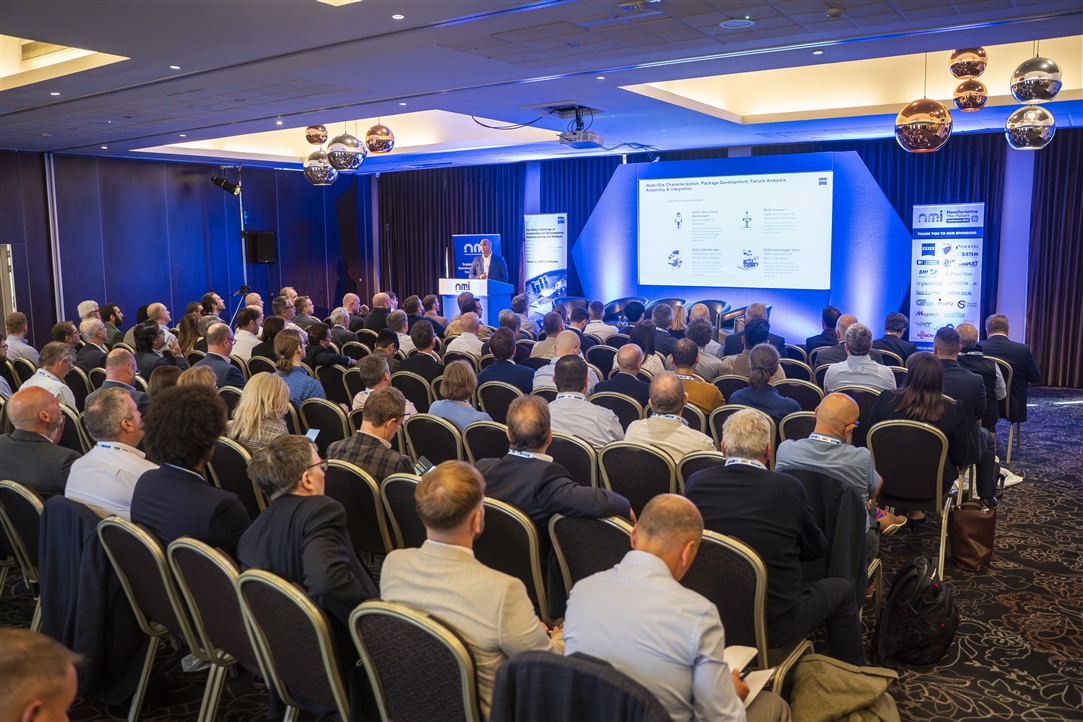
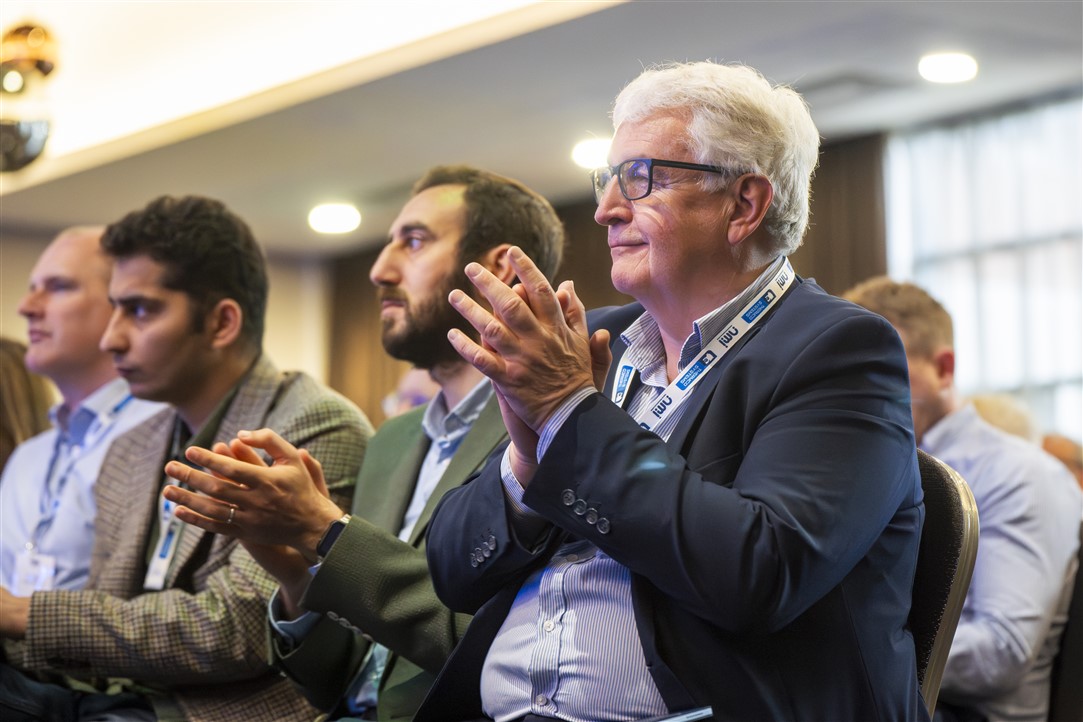
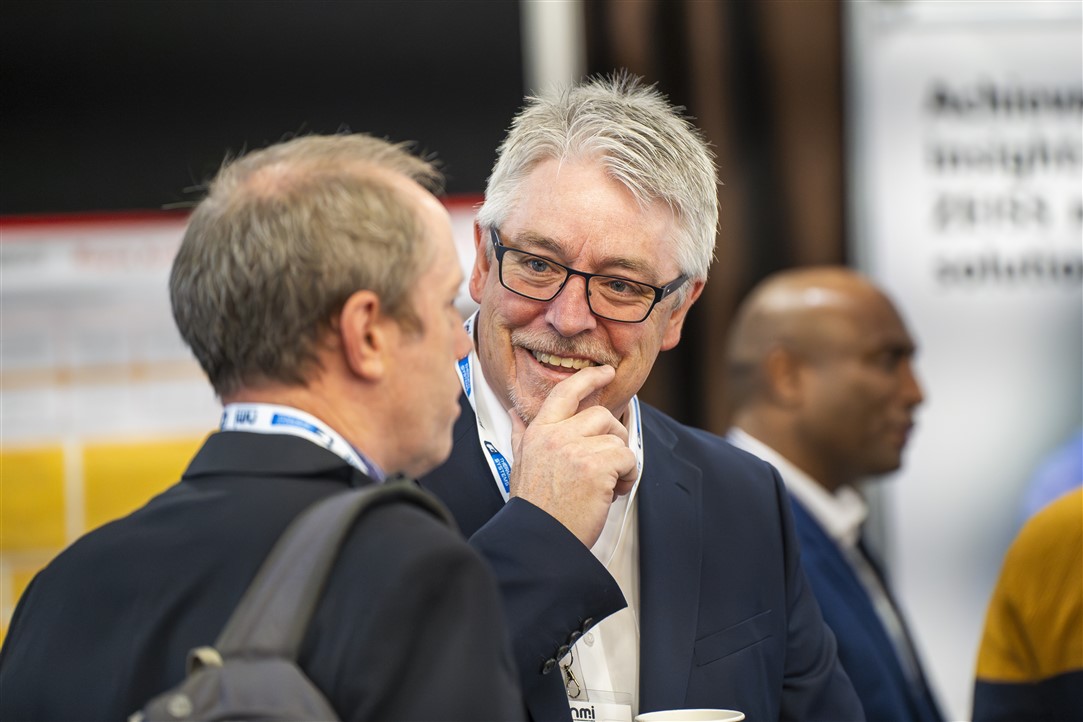
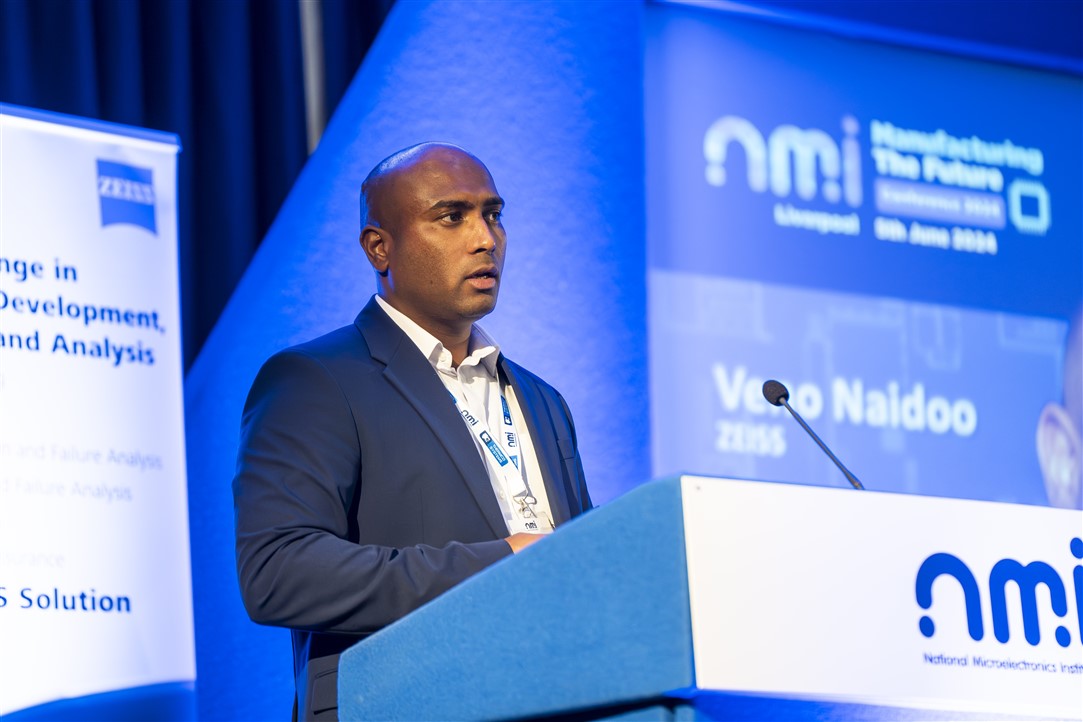
Emerging semiconductor trends
We heard about breakthrough devices based on new materials innovation being developed in partnership with multinational companies to unlock new market opportunities on a global scale.
Andrew McKee at Sivers Photonics told us how their External Laser Source (ELS) module technology is enabling ultra-high bandwidth Optical I/O for AI and High-Performance Compute.
Arwel Evans at Plessey explained how they developed uLEDs on cutting-edge III-V technology enabling mass deployment of 3D XR consumer headsets.
Tony Pearce at Paragraf described the journey from university research in 2D materials (single atomic layer Graphene) six years ago to a disruptive product roadmap today in sensing and more, with a commercial volume foundry coming online this year.
Our panel chair Professor Edmund Linfield ask the speakers where the UK’s unique strengths lie and how best to leverage these emerging materials technologies for economic growth? The key takeaway was right technology, right time, perseverance and patience.
Scaling up for business success
We heard how to build successful semiconductor manufacturing business from early-stage innovation to high-volume global market leadership.
Mark Yeates from Inficon and Mike Heape from Plessey explained how Plessey, with support from Inficon have deployed a Smart Manufacturing digital twin system with real-time monitoring and intelligent scheduling and control to achieve 3X improvement In X-Factor, 2X improvement in down time and 2.5X improvement in WIP standby.
Iwan Davies at IQE shared their impressive 30 year scale-up story. IQE has grown a unique global position in the semiconductor supply chain as it followed emerging markets in compound semiconductor which rely on high-quality, high-volume epitaxy, where they now supply a range of application-optimised solutions to leading foundries worldwide.
Shane Geary at Pragmatic Semiconductor told us how they have built the UK’s first 300mm commercial wafer fab to deliver true Item-level intelligence supporting digital transformation enabled sustainability, a rapidly growing market where their FlexIC technology shines, through faster, cheaper, smaller and lower carbon manufacturing for semiconductor devices.
Our panel chair Charles Sturman asked how the companies had balanced scaling up their facilities from prototype to volume production against the necessary investment and how they saw the UK business environment compared with other countries? The responses were varied but a common theme was the need to focus on a clear and differentiated value proposition, with relentless focus on the task at hand; process optimisation and efficiency on one hand, and commitment to fundraising on the other.
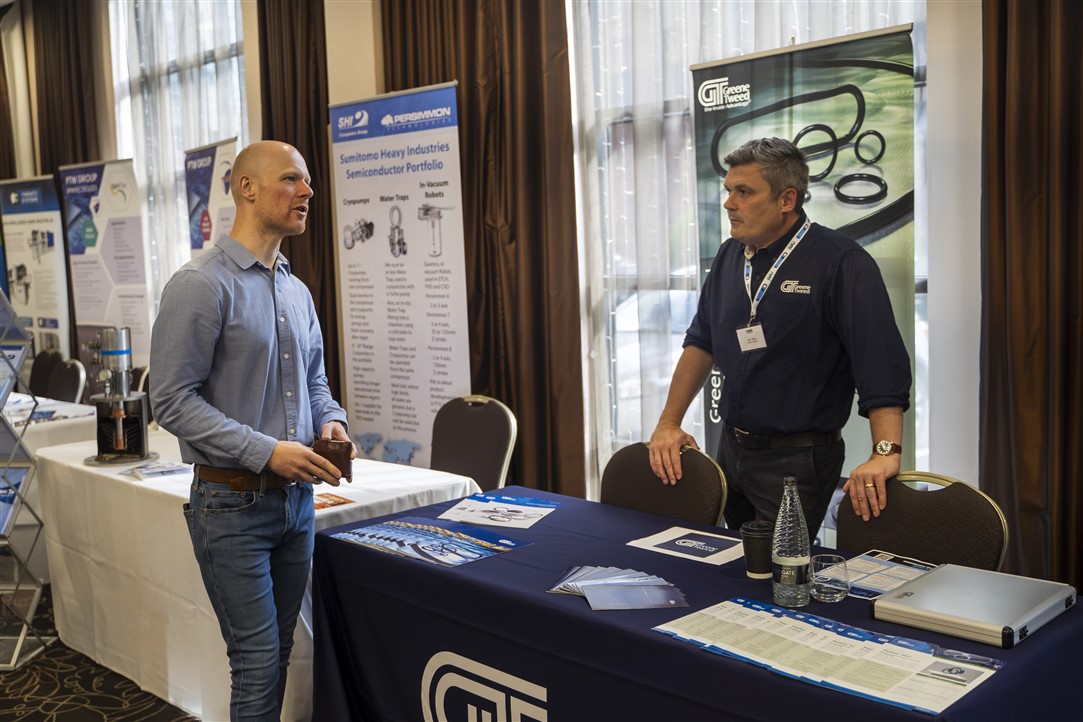
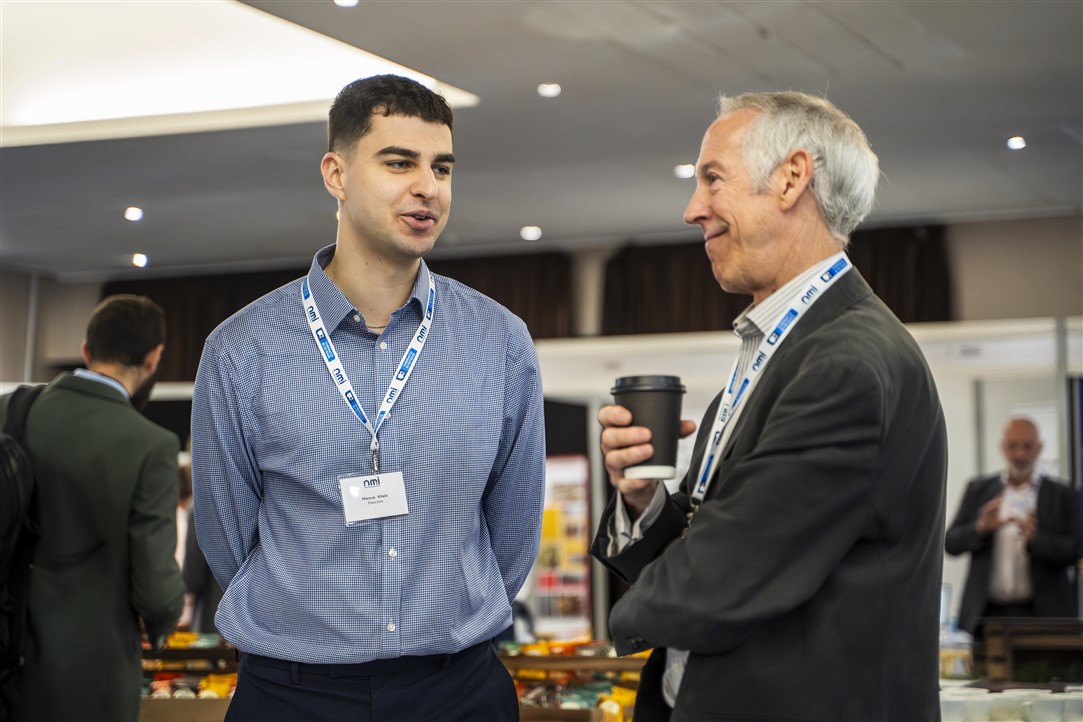

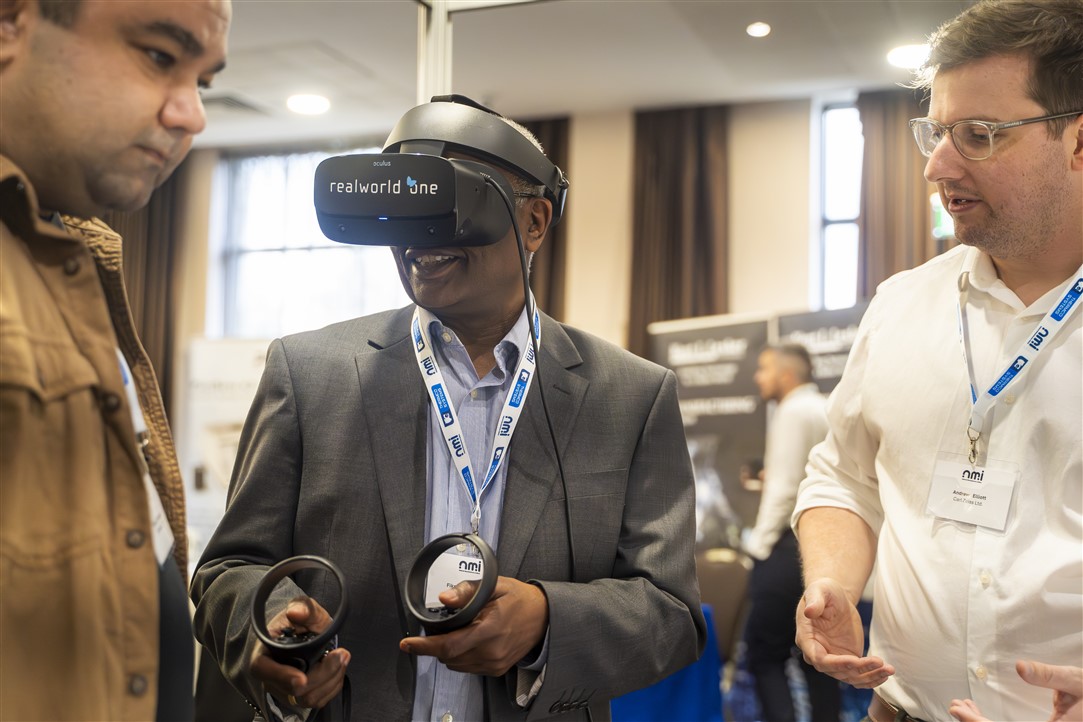
Global supply chains
We heard about the importance of end to end supply chains, global partnership and the opportunity today for advanced packaging technologies.
Paolo Bargiacchi at McLaren Applied started the proceedings with an inspiring story of how they led a £20m programme funded by UK government to establish a globally unique and cohesive end-to-end supply chain capability for innovative SiC power electronics in the UK for next-gen electric vehicles; from technology innovation, through chip fabrication, to inverter system development.
James Myers at IMEC told us about their world leading team in Cambridge, UK developing System Technology Co-optimization to address the need for continuing transistor scaling to support the ever growing demand for faster compute at lower power. Paul Jarvie at the CSA Catapult explained why 3D advanced packaging is key to the future of the semiconductor industry and how they are working across the UK to support packaging innovation and research, acting as a catalyst between academia and industry.
Matt Booker at Alter rounded off the session with an overview of the global OSAT market and the race towards 3D system integration, followed by an intriguing summary of European strengths and weaknesses and a call to action to grow UK activities in particular, out of the low volume specialist sector. Alter is already moving in this direction with innovations in 2.5D packaging for photonics and power applications.
Our panel chair Professor John Goodenough asked the speakers what support UK companies need to become global players in the next 5 years and how should we leverage international collaboration? The discussion could have continued much longer. International partnerships are important, but so is understanding where UK strengths lie and investing heavily into these.
UK opportunities in a global market
:We heard about the US and EU Chips Acts, the future market opportunities which face UK companies and how the UK can work with international partners to leverage global growth.
In our last session, we were joined by two representatives of the US government: Brenda VanHorn at the U.S. Department of Commerce in London and Linda Molner, from the U.S. National Science Foundation.
Brenda gave us an overview of the US government CHIPS and Science Act and told us how the US is aiming to build a healthy global semiconductor ecosystem, growing the pie with new vendors and production capacity to benefit both US and international partners. Through their International Technology Security Innovation (ITSI) Fund, the State Department is overseeing $500 million to ensure semiconductor supply chain security and diversification and is looking for UK companies to collaborate with.
Linda introduced the NSF program which funds sustainable manufacturing innovation on a global scale, with a specific focus on semiconductor fabrication and is actively seeking companies to work with.
To complete the global outlook, we were joined by Álvaro García-Delgado, the EU Counsellor for Digital Affairs and Space Policy, for an update on the EU strategy and the EU Chips Act, including the importance of the Joint Chips Undertaking, which the UK can now also participate in and Alvaro outlined exactly how UK companies should do so.
Charles Sturman, TechWorks CEO then gave a whistle-stop tour of the UK current landscape and the major market opportunities which UK semiconductor companies are well positioned to access in the next few years.
Professor Edmund Linfield of the Royce Institute rounded off the day with a summary of UK academic innovation from atoms to devices, materials research road-mapping and provision of state of the art processing facilities to support industry.
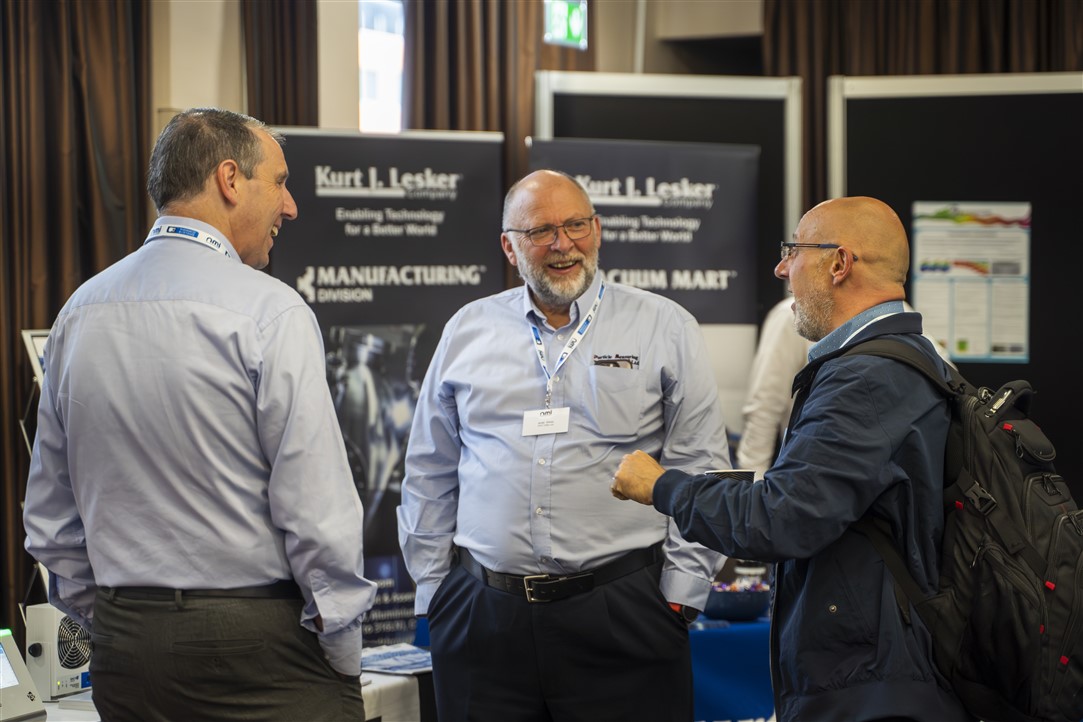
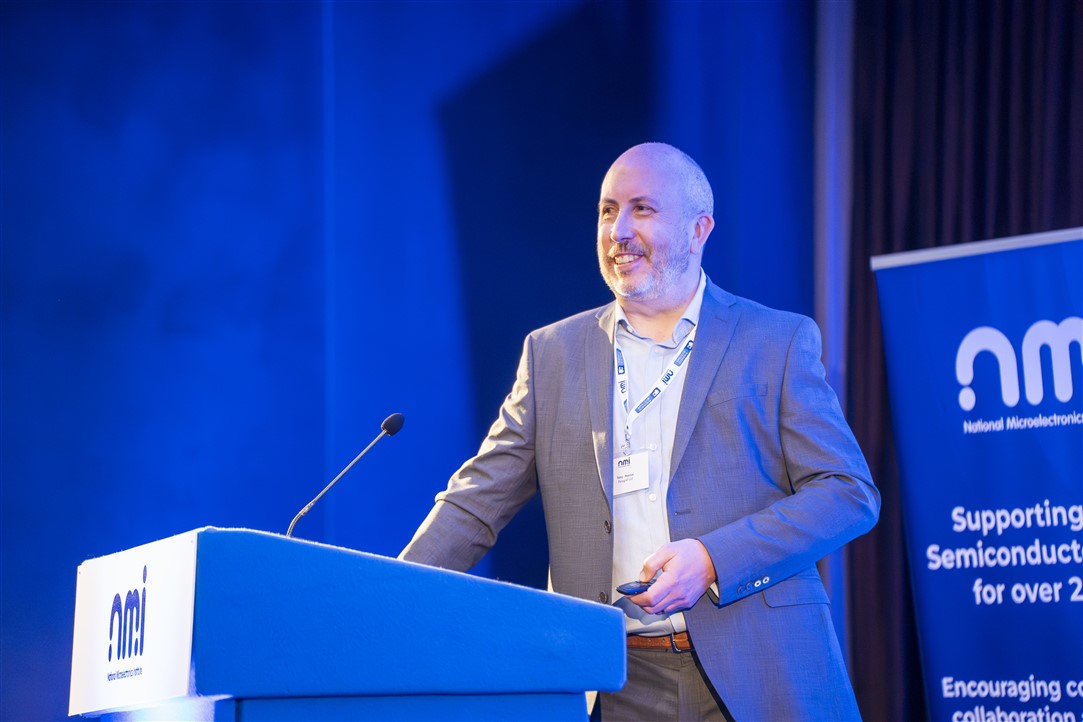
It’s a wrap
Adam Wood, NMI Manager delivered the closing remarks of the day, announcing the date and venue for next year as Strathclyde University’s Technology & Innovation Centre on the 26th March 2025 and invited everyone to join for the networking drinks reception.
Our two networking evenings were well attended; at the Cavern Pub the evening before, kindly sponsored by EIP and the official conference reception at the hotel kindly sponsored by PTW. Afterwards, much of the UK semiconductor industry returned to the Cavern Quarter again, but this time to the Cavern Club itself to celebrate a very successful 24 hours!

